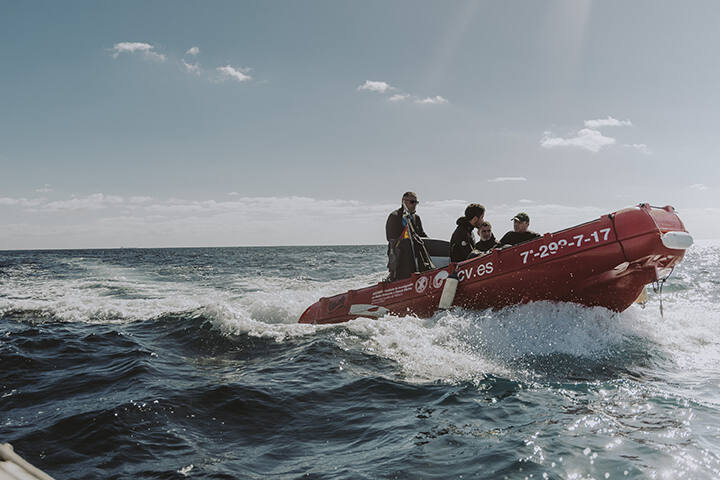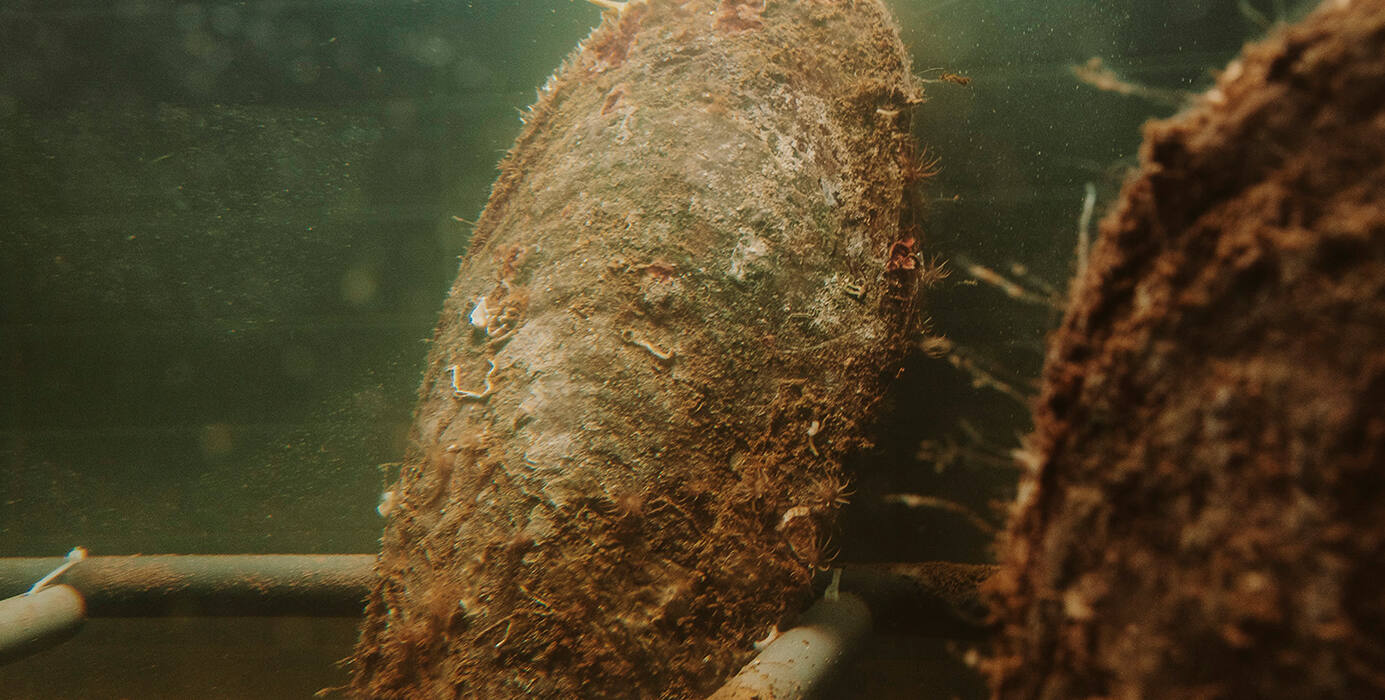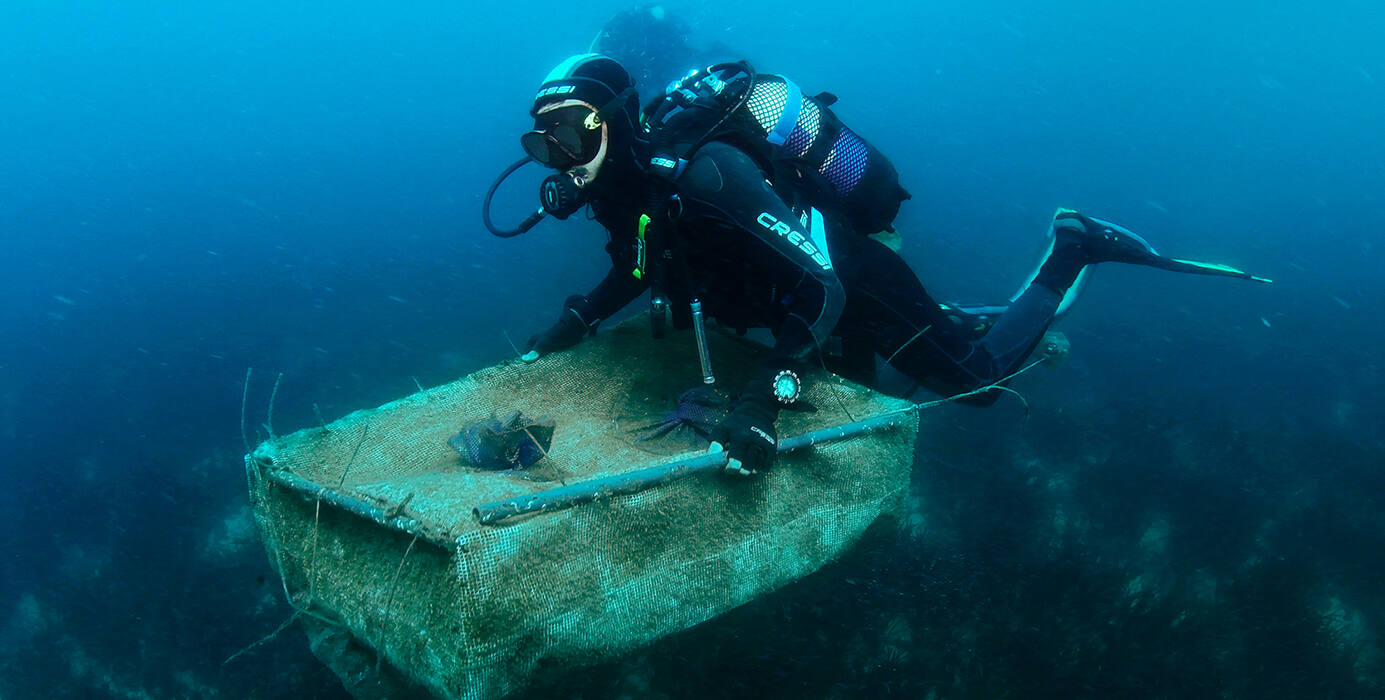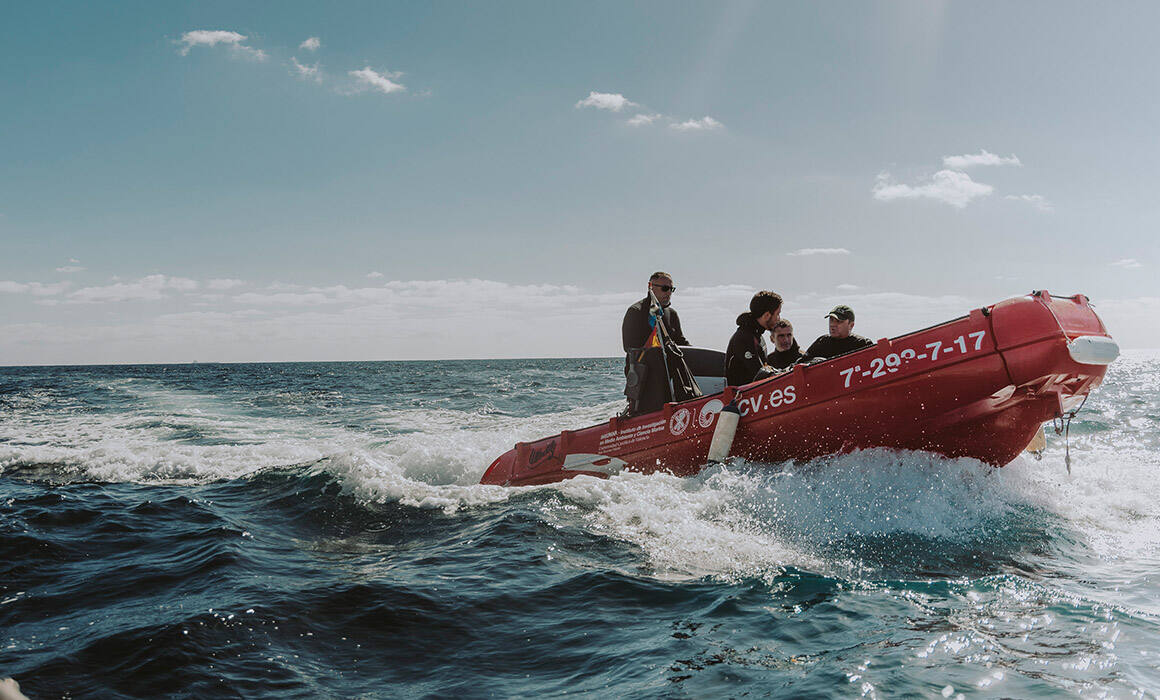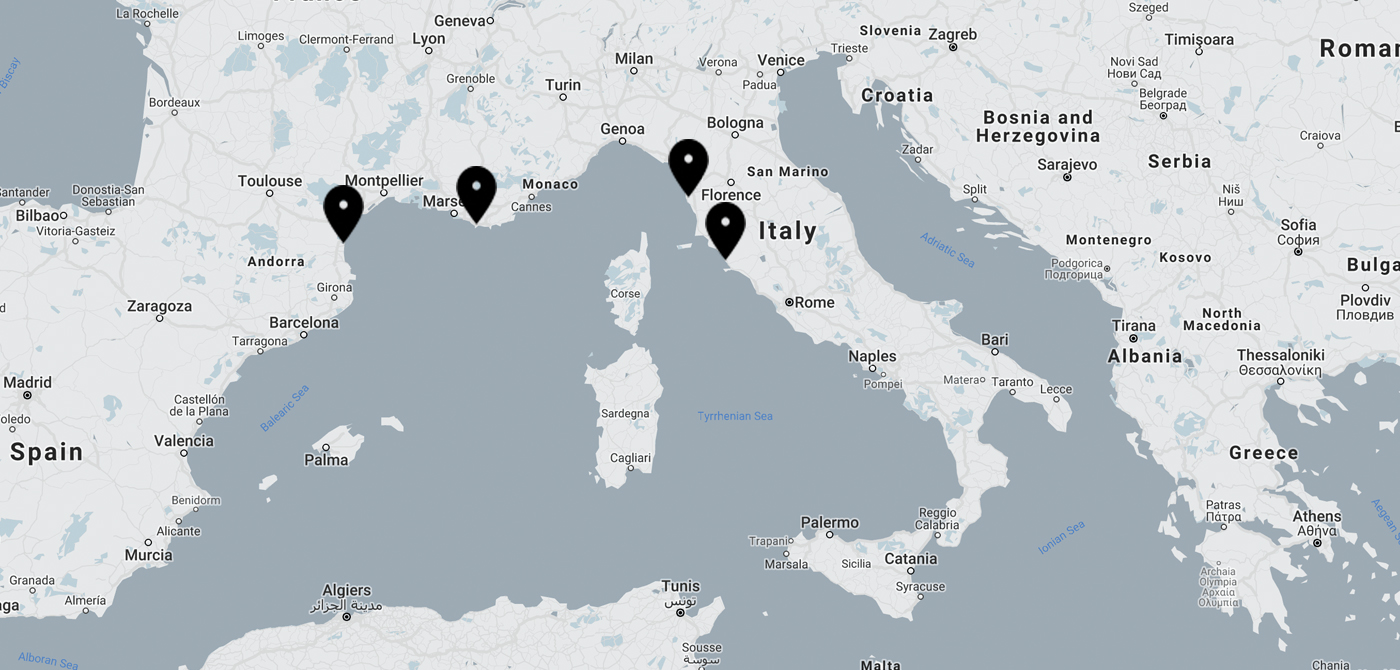Since mid-2016, the noble pen shell (Pinna nobilis) has been under attack from a lethal parasite which, in less than three years, has put the entire species at risk of extinction. The Institute of Environment and Marine Science Research (IMEDMAR) is leading a nationwide project to save and re-establish noble pen shells. Their work is focused on preserving and reproducing the 215 specimens that were rescued in Portlligat in late 2017, in the hope that this will prevent the disappearance of this endemic Mediterranean species from our sea.
Choose your country or region
- Europe
- Spain
- Catalonia
- Portugal
- United Kingdom
- International Version
Saving an entire species
Calpe, Alicante
José Tena, Director at Imedmar-UCV
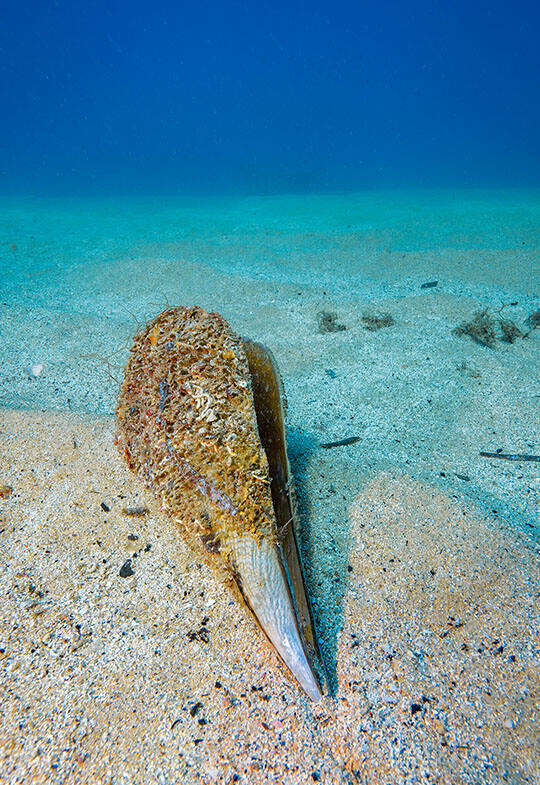
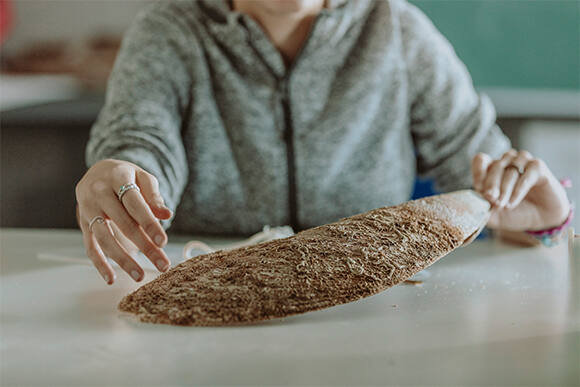
A UNIQUE SPECIES
The noble pen shell (Pinna nobilis) is the largest bivalve mollusc in the Mediterranean Sea and the second largest in the world, it can grow to more than a metre in length and live for more than 40 years. It is a structuring species that favours the development of local ecosystems like the Posidonia oceanica meadows and, being a filtering organism, it thoroughly cleanses the water.
A CRITICAL SITUATION
The number of noble pen shells in the Mediterranean Sea is unknown, but the mortality rate of the specimens in the scientific control area has been measured at close to 100%. In late 2016, mass mortality began being detected in Andalusia, Murcia, the Balearic Islands, the Valencian Community and, eventually, in Catalonian waters. The cause is an extremely aggressive protozoan, known as Haplosporidium pinnae, which primarily infects the digestive glands of the noble pen shell, resulting in death from starvation.
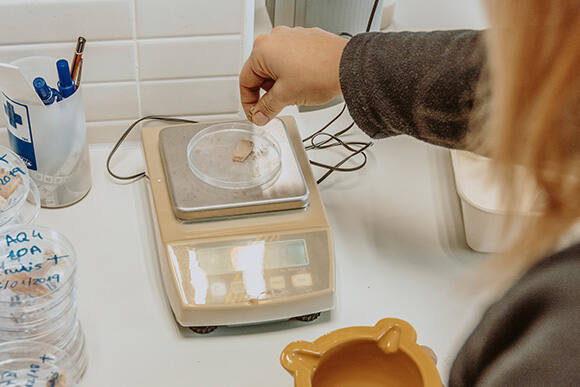

INTENSIVE CARE
The situation is forcing the scientists at IMEDMAR to race against time in an effort to discover the optimal conditions for the growth, development and reproduction of the Pinna nobilis. The rough pen shell (Pinna rudis) is playing a crucial role in their research as it is resistant to the parasite, this allows scientists to conduct various tests on feeding, salinity and other water conditions, both in the lab and the open water.
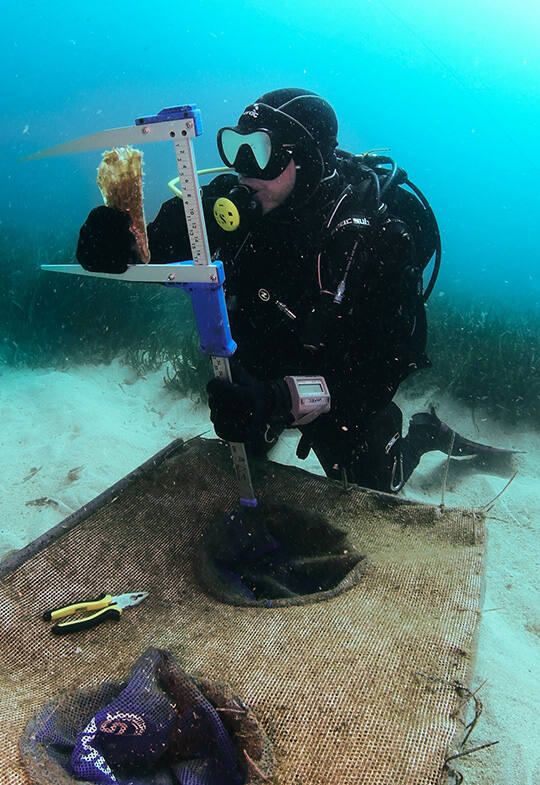
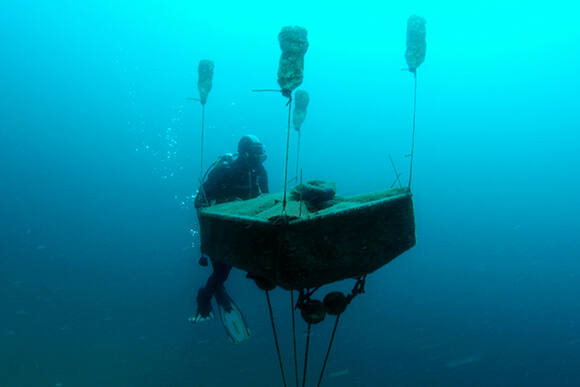
FOR THE FUTURE OF OUR SEA
If any of us see a noble pen shell in the natural environment, dead or alive, we must immediately notify IMEDMAR or Observadores del Mar, the team responsible for the project, so they can save or study the specimen. Public cooperation and environmental education are two fundamental pillars for recovering and saving any species. José Tena is very clear: “We must raise awareness about the noble pen shell, because only then will we learn to respect it and help it to remain with us for many years to come.”

